Facebook’s Fall? Busting the Myths of Its Shrinking SEO Relevance
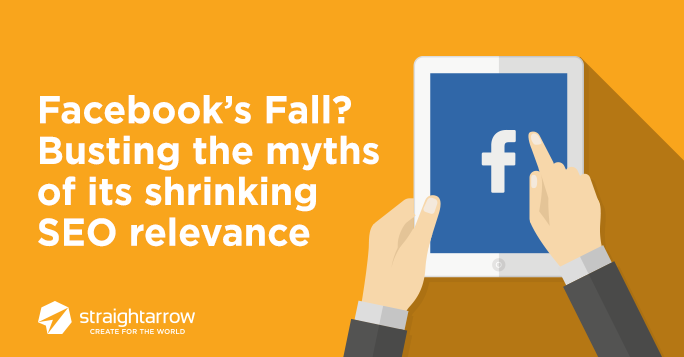 As a marketer keeping up with the times, you may have seen a few articles alleging that Facebook is falling fast. Like Icarus, they say, Facebook has flown too close to the sun and its impending downfall will end in an ugly splat. A few of the reasons they name are sluggish monthly returns on investment, declining reach over time, and the threat that fake fans pose to engagement.
As a marketer keeping up with the times, you may have seen a few articles alleging that Facebook is falling fast. Like Icarus, they say, Facebook has flown too close to the sun and its impending downfall will end in an ugly splat. A few of the reasons they name are sluggish monthly returns on investment, declining reach over time, and the threat that fake fans pose to engagement.
We’re writing this to show that Facebook’s supposed fall is, like the Icarus story, a myth.
Marketers and search optimisers look at all social platforms as keys to communication campaigns that drive leads and sales. As marketers speaking to fellow marketers, we maintain that leaving Facebook would close more doors for your brand than it would open. Below, we take a look at the misconceptions about Facebook and present the other side, which shows that Facebook hasn’t fallen from the heavens; not even close.
Myth I: Facebook’s organic reach is shrinking
According to rumours from supposed insiders, Facebook is planning to slash organic reach to 1%. In the same breath, they also say that marketers should buy more ads to maximize content. The way this scenario presents Facebook seems too villainous to be true.
However, there’s a reason Facebook intentionally limited organic reach—they care for the marketers. One of a marketer’s biggest problems on Facebook is the anonymity it offers to its users. Just create an email address and voila, you can create an account, and add friends and, in the process, like random pages that are not interesting to you in the slightest. This skews a marketer’s intended audience and lessens the efficiency of social media advertising.
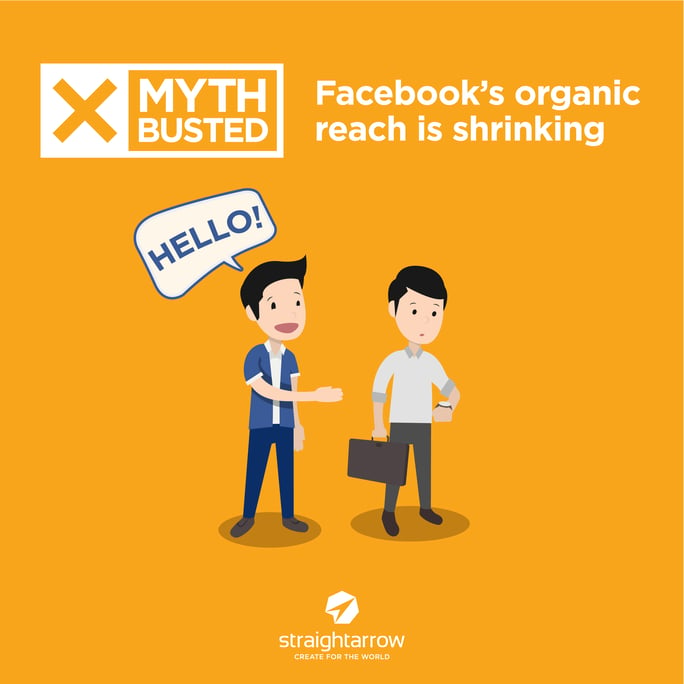
Furthermore, some of these profiles and pages offer unsolicited content, so even in the off-chance that they share your posts, no one is likely to listen because they reek of spam—and not the tasty, smoky sort.
To address that, Facebook has buffed up its algorithm to bust the fake accounts and unengaging, spammy content. This improves the targeting and content seen in the news feeds of all of its users and, in the process, makes ads more effective. This is good news for marketers dealing with B2B sales: by lowering organic reach, you can be sure that the businesses and fans in your community are aligned with the messages you’re trying to send.
Social soft caps. Taking another perspective in organic reach, Social@Ogilvy conducted a study which found that companies with over 500,000 likes suffered a drop of 1.93 percentage points in organic reach from October 2013 to February 2014. We can also juxtapose this idea with the same data presented on smaller pages. According to them, 100 brand pages who had yet to reach 500,000 likes had a 4.04 percentage point advantage in reach over famous companies.
In all niches and industries, there are always going to be soft caps: slowdowns experienced by companies that get too big. In economic terms, they call to mind the law of diminishing returns. In social terms, they might look like this: if you keep posting the same thing over and over again, it has a tendency to be taken for granted, and less people will share it. That’s the first soft cap—lack of innovation in social media plans.
The second soft cap of big companies lies in their respective niches. Each niche has some level of limitation on who it targets. Let’s use a medium retail enterprise in Texas as an example. As a retail business, it would naturally target the people in the vicinity. The longer it targets that group for organic reach, the less organic growth it gets; Texas can only hold so many people. Unless Texas experiences a population boom, that organic growth can be expected to stall.
In short, there will always be limits when brands get too big. Size and growth balance each other out—small companies expand quickly to fill the space open to them, while larger companies expand more slowly, owing to the limits their markets naturally impose.
SEO and content. Since the market is now slowing down in organic reach, the battle has shifted to the fields of content and SEO. These two disciplines are close enough to be brothers—if one messes up, the other better clean up, or they’re both in trouble.
Content creation is highly dependent on identifying which keywords blogs should integrate, and blogs are still the content king for B2B transactions. Companies that blog generate 67% more leads than companies that don’t
As the contest moves to content, there will follow a demand for SEO professionals and their ability to analyse keywords. Already, data affirms this: there has been an 18% increased demand for SEO professionals from 2012 to 2015. Even their salaries are increasing!
Myth II: Email makes Facebook obsolete
Gregory Ciotti, a marketing strategist at Help Scout, unpublished his company’s Facebook page after one month because of poor reach and engagement. He wrote, “In a nutshell, our stance on Facebook is that it doesn't offer enough of a return for a B2B company like ours to warrant the time spent,” Small companies, he stated, would do better by having a single funnel. That funnel, for them, was email.
Marketers can all agree that email marketing is the bomb, especially for B2B clients. You are six times more likely to get a clickthrough from an email campaign than from a tweet. Personalized emails also deliver six times higher transaction rates than generic ones. The data cannot be refuted.
The question, however, lies in how you generate those email leads to begin with. Did you know that 75% of B2B buyers use social media to affirm their purchase decisions? If you lose even just one leg in your social media presence, especially in Facebook marketing, your lead-generating content loses a platform. That’s less volume for your company—and remember that there are over 1.5 billion people who use Facebook.
.png?width=684&height=684&name=SA-Facebook'sFall-092116%20(1).png)
Another advantage that Facebook has compared to email marketing is quick responses. Last December 2015, Facebook allowed business pages to interact with their customers through messages. Added features include a reply template tool for faster input, a response rate widget to manage reply expectations, and even personalization features to avoid no more name misspellings.
What exactly does this agility in responding get you? Well, you can talk to your clients even without getting their email addresses. A client might skip ads and CTAs and approach your page directly with questions about your product, maybe even how to get it. And that page post or PM is your way to get to them--no more emails, forms, or lead nurturing needed.
In the end, all interactive marketing strategies need to complement each other to bring out each other’s potential. It may be as cheesy as the Power Rangers’ friendship speeches, but it’s the truth. Email marketing may have helped Gregory get better results for their company, but they could have gotten more email leads if they had stayed on Facebook longer than a month.
One with the email. It’s a given that emails can’t improve rankings, but email campaigns may nonetheless be the needle hidden in the haystack. Once marketers have driven lead subscriptions to email newsletters or notifications, you can use these tips to draw more data for other SEO initiatives.
Comments: Ask email recipients who are delighted with your product to leave a comment about the business through the website or social media. These insights can be used at face value, and SEOs can then take apart the words and topics they praised for better keywords in offers.
Lead their way: Email recipients who are “hooked” with your newsletter or email—seen when they open content repeatedly—can be encouraged to share on social media spaces and liking their page. This can be an A/B experiment of sorts; use different keywords for the same content. Each link may be tracked, and whichever keywords drove the most traffic to social media can be highly beneficial to your business.
Content Lurking: Newsletters with high open rates may lead an SEO to clues on which news are most interesting. By piecing together the clues and bridging keywords, you can then reuse these for in-depth discussions about these topics in blog articles.
Myth III: Facebook ads aren’t worth it
Facebook ads are extremely effective for both small businesses and brand conglomerates. You can adjust whatever budget you have in hand, and Facebook can give you a projection of how long it can run to tap—gasp— approximately 1.5 billion users. This is exciting news for any B2B marketer planning to invest in social media marketing!
As the user pool gets bigger, businesses can be more intricate when targeting specific audiences. Psychographics, life events, and other criteria can be used to tailor specific marketing campaigns.
.png?width=684&height=684&name=SA-Facebook'sFall-092116%20(3).png)
Facebook works on a sort of auction model where the more demand there is for a specific interest or keyword, the more you’d need to spend more to capture that audience because demand is high. Now, with the various features and technologies Facebook integrates to draw data from its users, you can mix and match unique interests to be broad and specific at the same time, as paradoxical as that may sound. So, if a business is going to launch an ad that features Space Pandas fighting to promote a chocolate business, they are going to reach a potential niche somewhere.
Mix up the keys. Since more and more categories are introduced by Facebook, more segments can be tested, and brands should experiment with variations on keyword sets. However, since we’re talking about ads, money wasted is never good for a marketing financial report.
Search engine marketing departments can check high-performing ads within a specific interest group and dismantle the keywords. For example, the interest of the market is on orange frisbees, SEOs can check other related features and contexts to zero in to even more specific keywords that also rank high; maybe writers can write more about orange frisbees with lasers? The marketers can then segment the next ad to include people who are fascinated with laser art.
BONUS: Facebook Really Likes Technology.
Facebook’s evolution from a humble private application to a massive social media phenomenon is largely due to their alignment with technology and system integration. They’ve invested in so many technologies—and bought over 15 companies doing so—and with this, Facebook is getting more features than before. Case in point: they bought and supported Oculus VR, which is now making waves in the gaming community and home entertainment industries. VR ads, anyone?
This presents unlimited opportunities to SEOs and marketers alike. New features mean fresher and out of the box content. New content means more organic reach. After all campaigns have been evaluated, the higher performing initiatives can be investigated by search engine marketers for keywords.
SEOs and Marketers are looking at the precipice of the digital evolution with Facebook. There are various adaptations that they can use to maximize the trends that naysayers are depicting. By knowing how to focus on a B2B’s strengths, they can be prepared for any online content shift in any platform.
There's a lot a savvy marketer can do to make the most of their efforts on Facebook, especially the ones that cost. Take a look at our Facebook ads checklist to learn how to launch a campaign that targets just the right market for your brand.



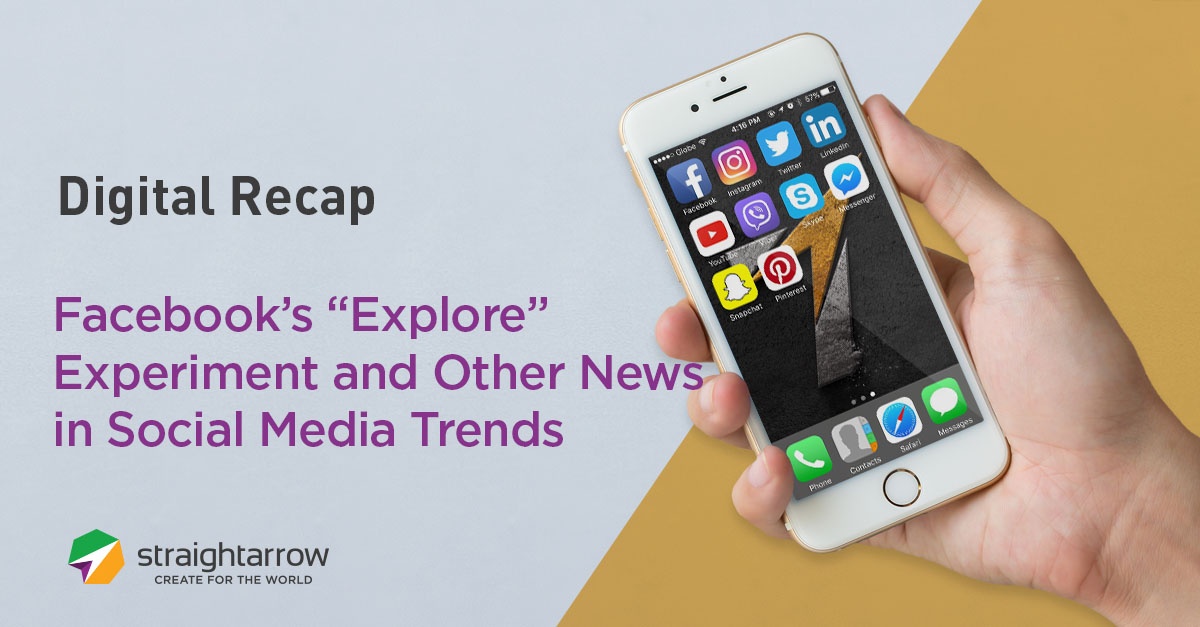
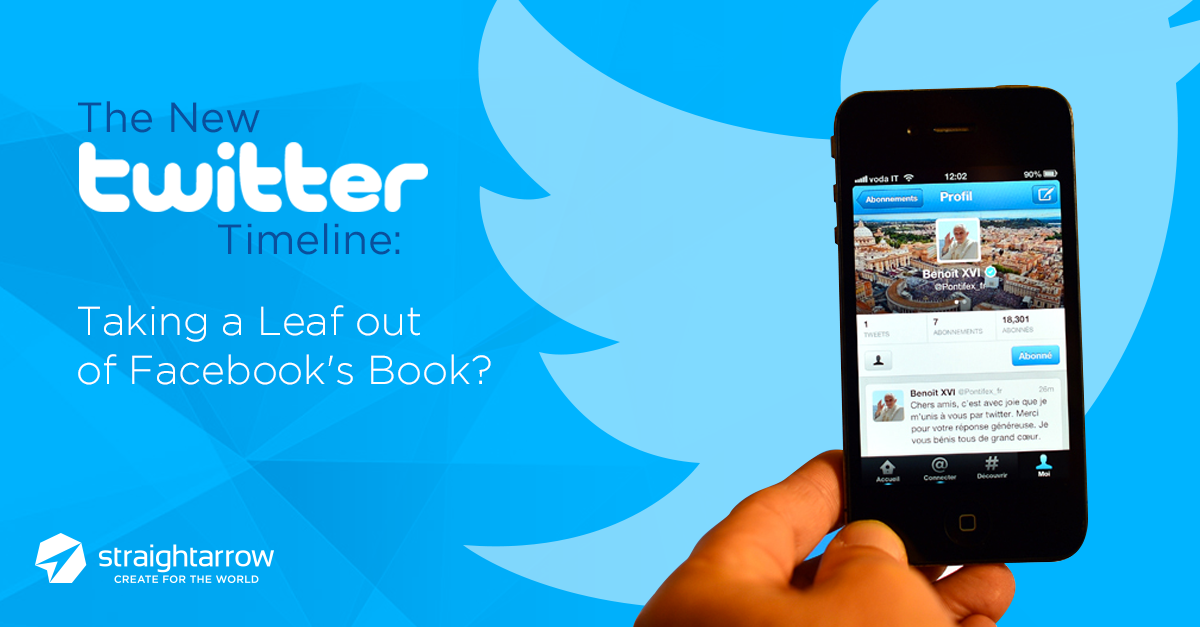
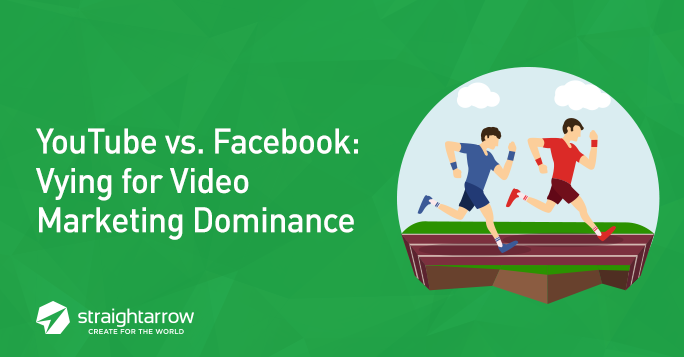

Comments